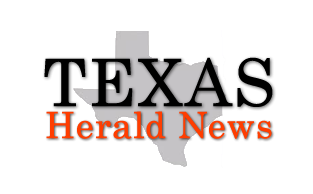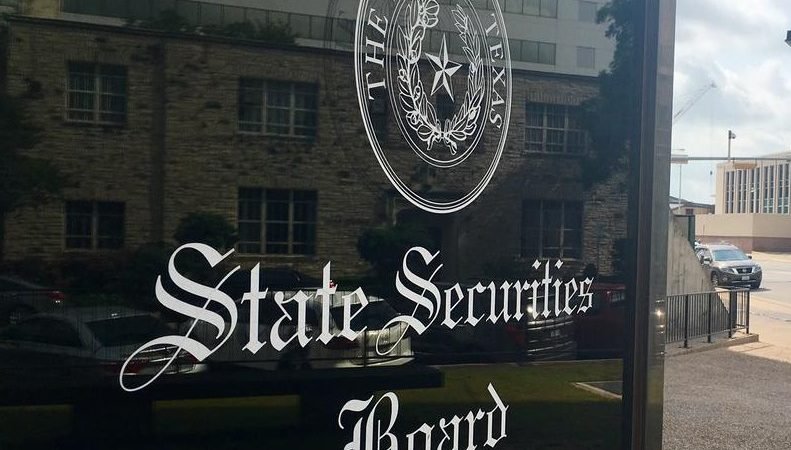Federal Over-regulation Threatens Texas’ Economic Success

According to a recent Fraser Institute report, Texas is the 4th economically freest State in the U.S., up from being the 8th economically freest state in 2000. In contrast, other large states, such as California and New York, rank 49th and 50th least economically free. This reflects Texas’ increasing reliance on light-touch regulatory policies as a recipe for economic success. Coincidently, the Texas economy grew 7.4% in 2023, compared to 2% for California and 1.5% for New York State.
Federalism allows for a healthy dose of policy experimentation, a feature that is particularly important in a dynamic economy, where the legal framework needs to be constantly adapted in light of new innovations such as artificial intelligence. But federalism also punishes states that stifle their private sector through over-taxation, over-regulation, and rent-seeking. That is because people and firms can move to economically freer states, carrying their tax dollars with them.
Unfortunately, the current Biden-Harris administration seems determined to centralize regulations in Washington, D.C, thus neutralizing the benefits of experimentation at the state level. This reduces Texas’ comparative advantage derived from its business-friendly approach. Hence, it is no surprise that Texas Attorney General Ken Paxton recently filed his 100th lawsuit against the current administration.
Over-regulation by the federal government over the past four years has proven to be an incredibly costly strategy for most Americans. Four years ago, Casey Mulligan and co-authors released a study estimating that Biden’s policies would reduce national income by at least 5%. The costs of these policies have materialized. The current administration gave union bosses more tools to reduce competition in labor markets. It tried to transform the Internet into a public utility. It reduced competition in the generic drugs market, effectively banned short-term health insurance plans, reduced consumer choice by further regulating clothes washers and dishwashers, and proposed gambling federal workers’ retirement funds by allocating them to so-called “environmental, social, and governance” (ESG) ventures.
Maybe even more worrying is the unleashing of the federal bureaucracy, punishing firms in unpredictable and arbitrary ways. The Biden administration’s war against big businesses (read: successful businesses) has been conducted by anti-trust authorities in an entirely inconsistent manner.
For instance, while consumers have far more than just one way to pay for their goods, the DOJ filed an antitrust case against Visa’s debit card network. Of course, complaints about Visa are quite ironic coming from a government that zealously tries to prevent the emergence of payment alternatives and enforces price controls for debit cards, which deters entry into the business. Regulations already require two debit networks on every debit card, making it hard to assert that any company has a monopoly in this market. But more fundamentally, the same administration, which argues that Visa hampers competition, also tries to block the merger between Capital One and Discover, which would boost competition among payment networks.
Unchecked regulatory powers in the hands of the federal government would be particularly harmful to Texans as it would reduce the incentive for firms and entrepreneurs to move to business-friendly States. But it would also be harmful to America as a whole.
Unlike the United States, Europe has gone much further in centralizing regulations. The result was an avalanche of distortionary rules produced by European Union bureaucrats. No wonder then that while the U.S. has 8 companies with a market capitalization above $1 trillion, the European Union has none whose market capitalization exceeds 500 million. A dynamic and innovative economy requires decentralization, not bureaucratic stratification. Free Texas can push America to new heights.
About the Author
Louis Rouanet is an assistant professor at the University of Texas at El Paso in the Department of Economics and Finance







